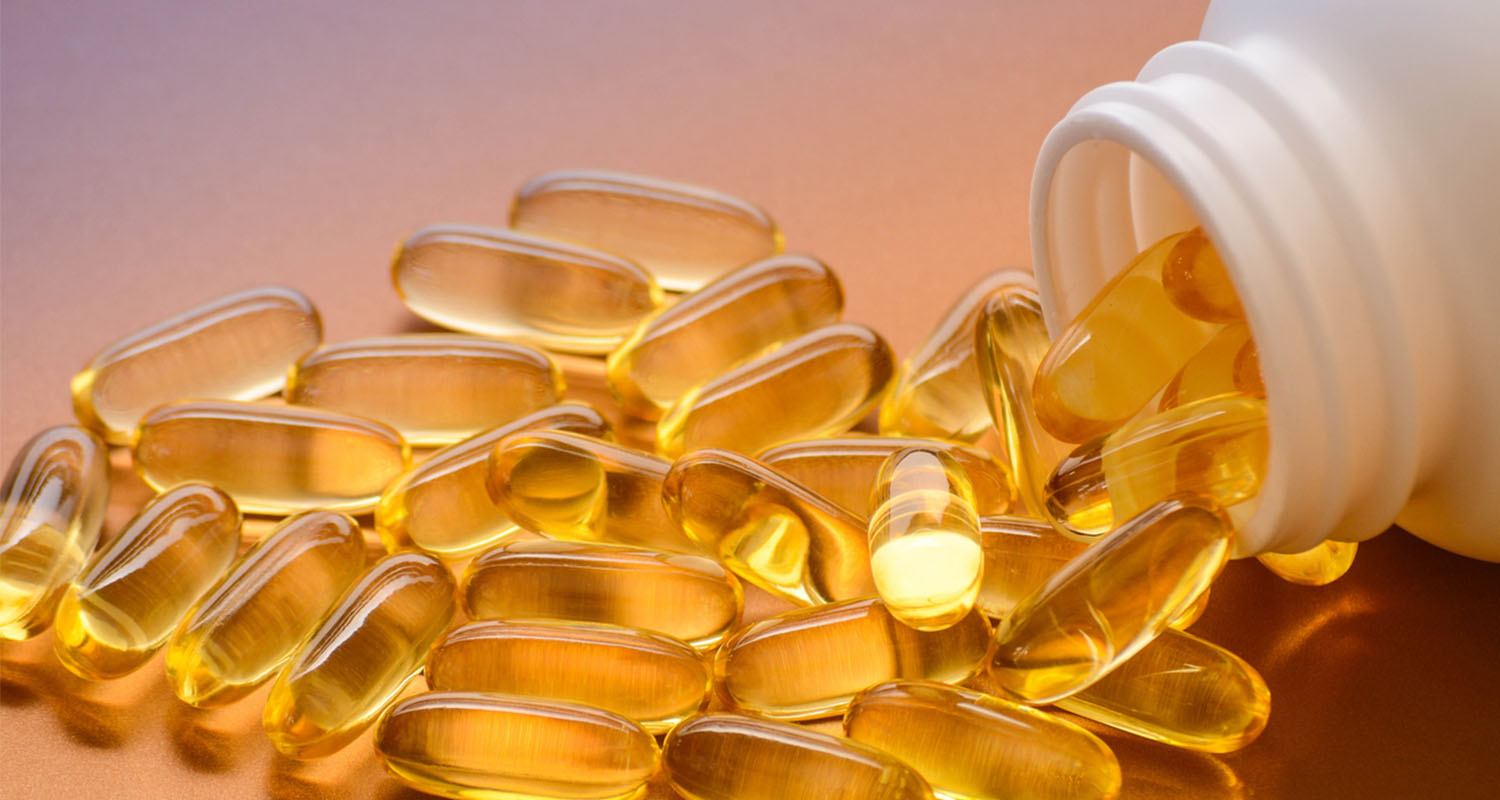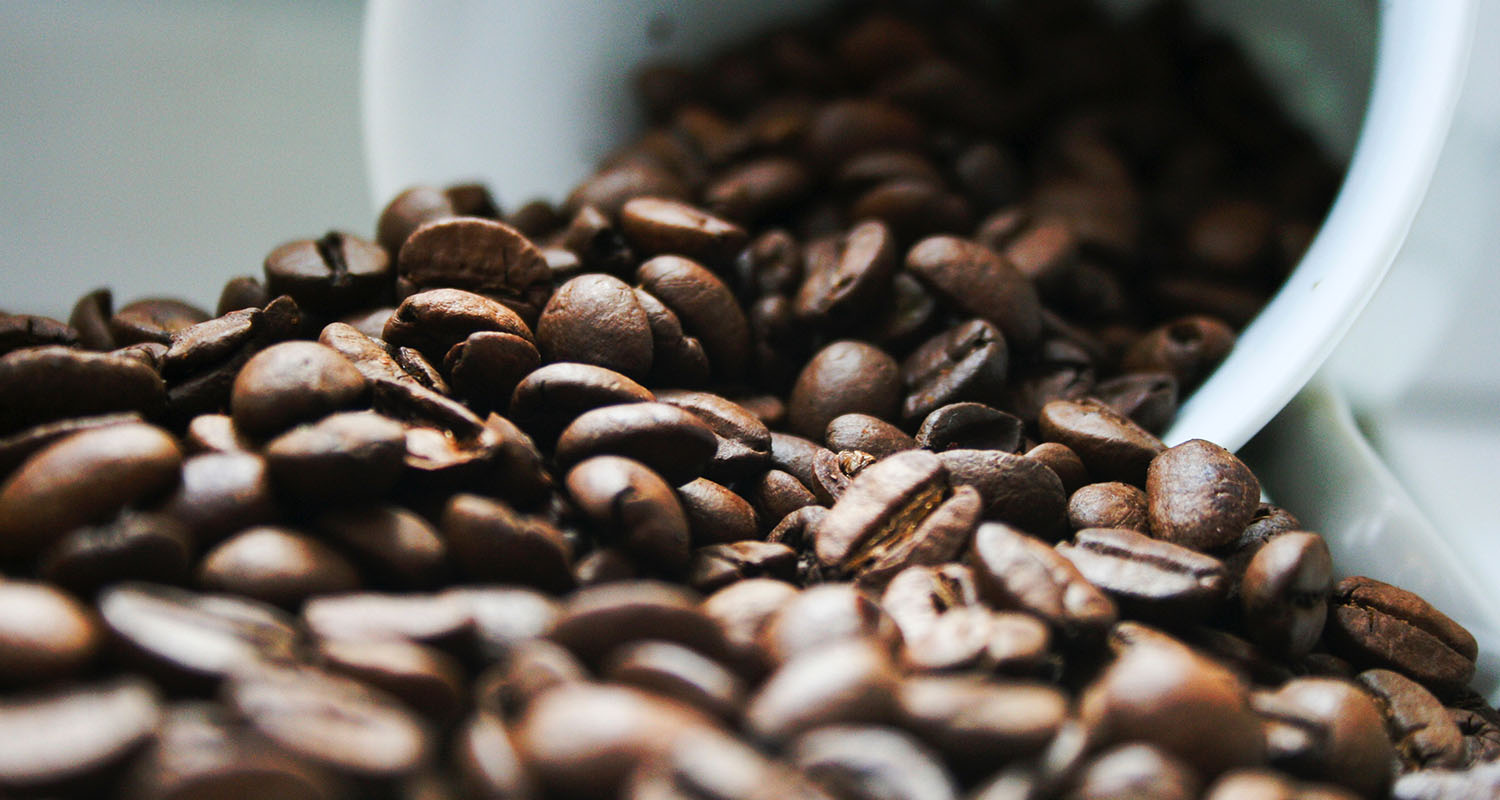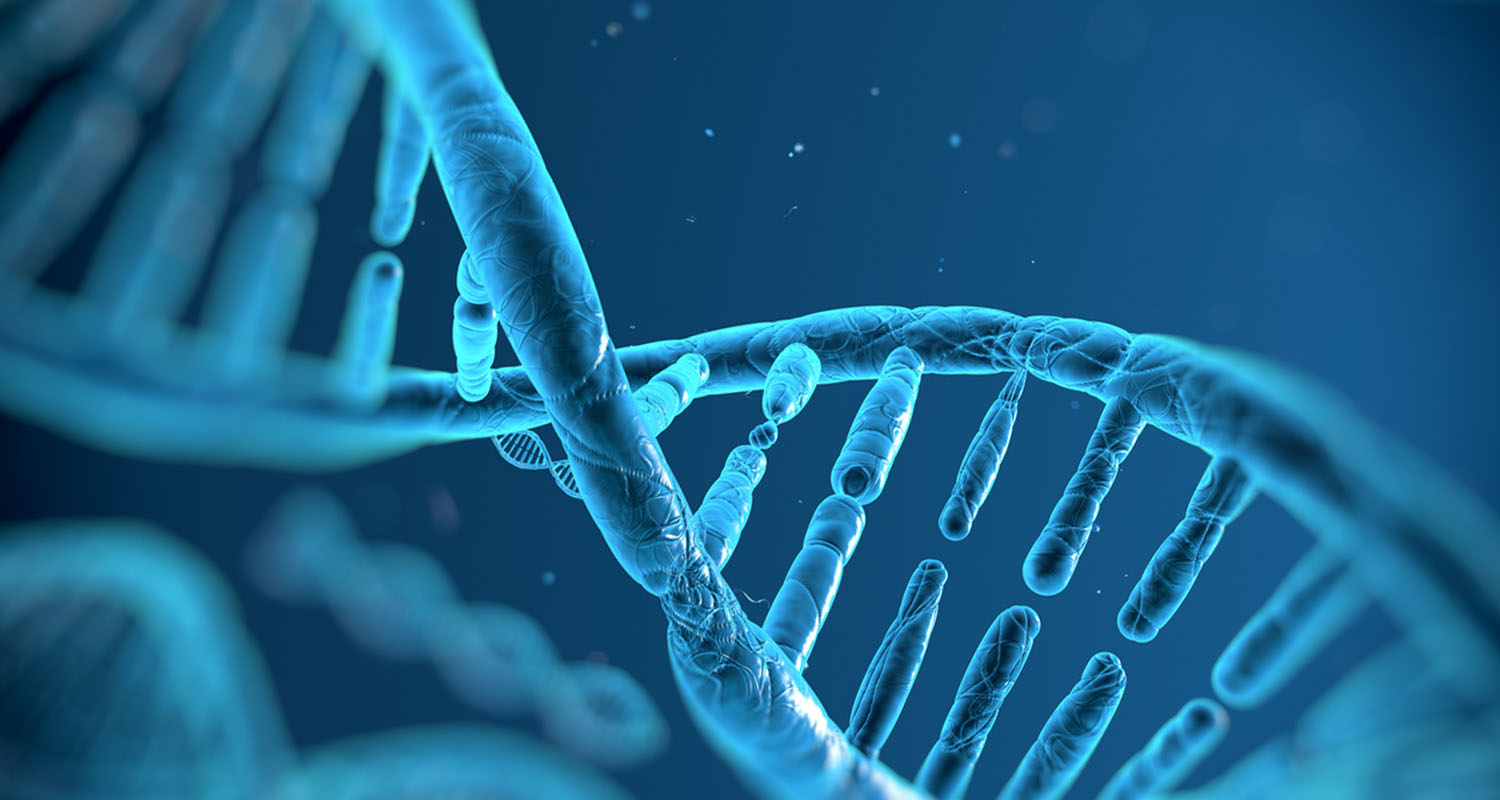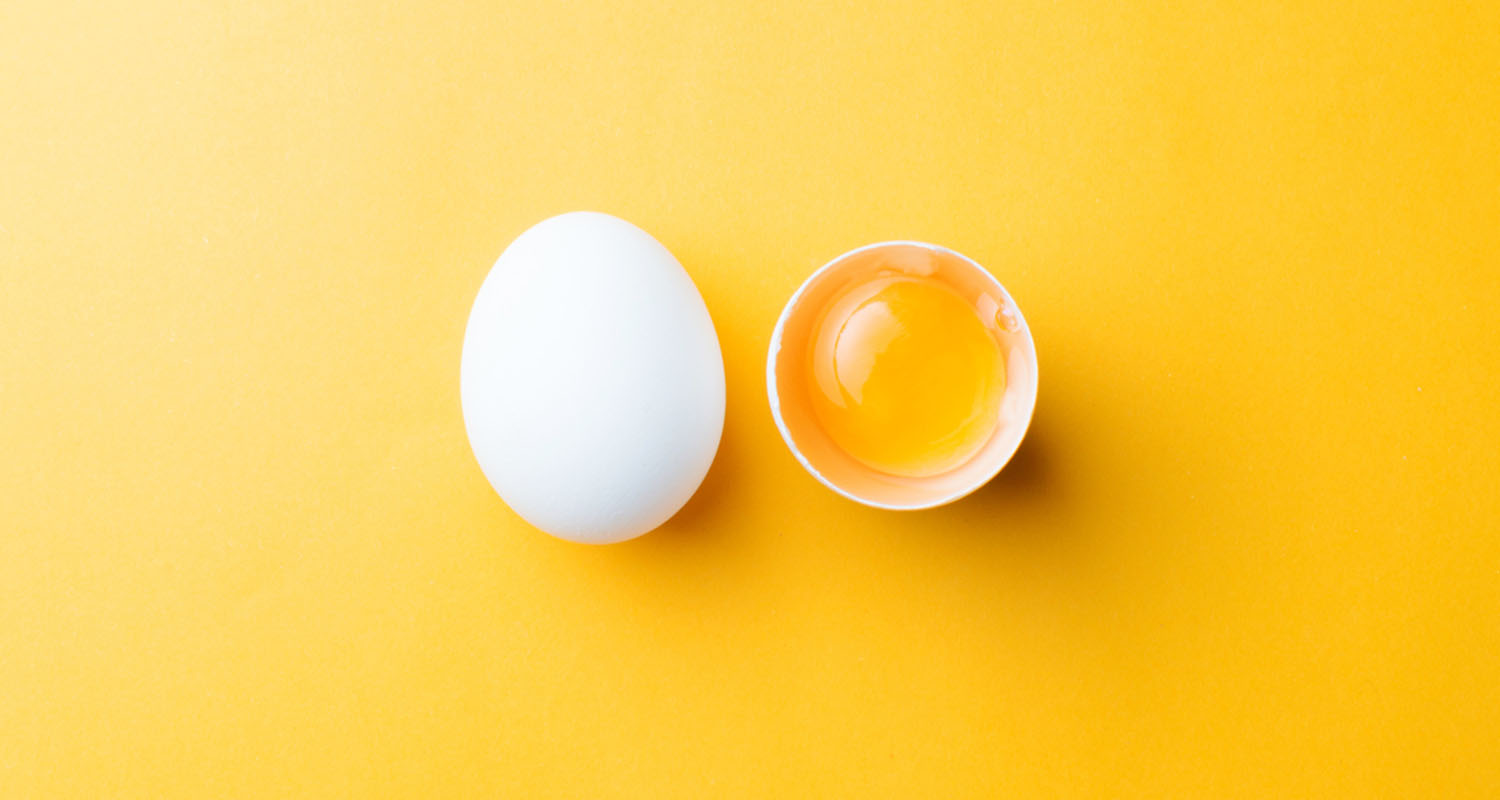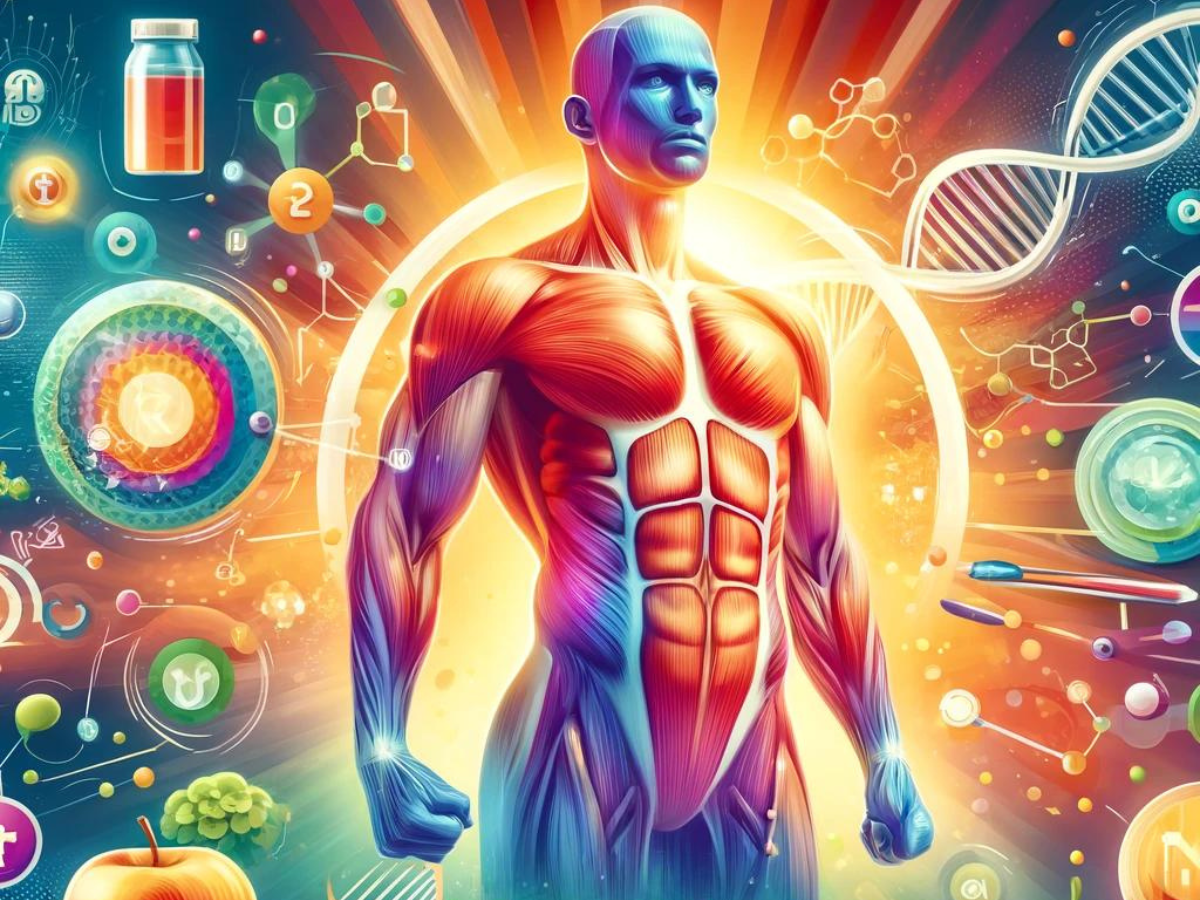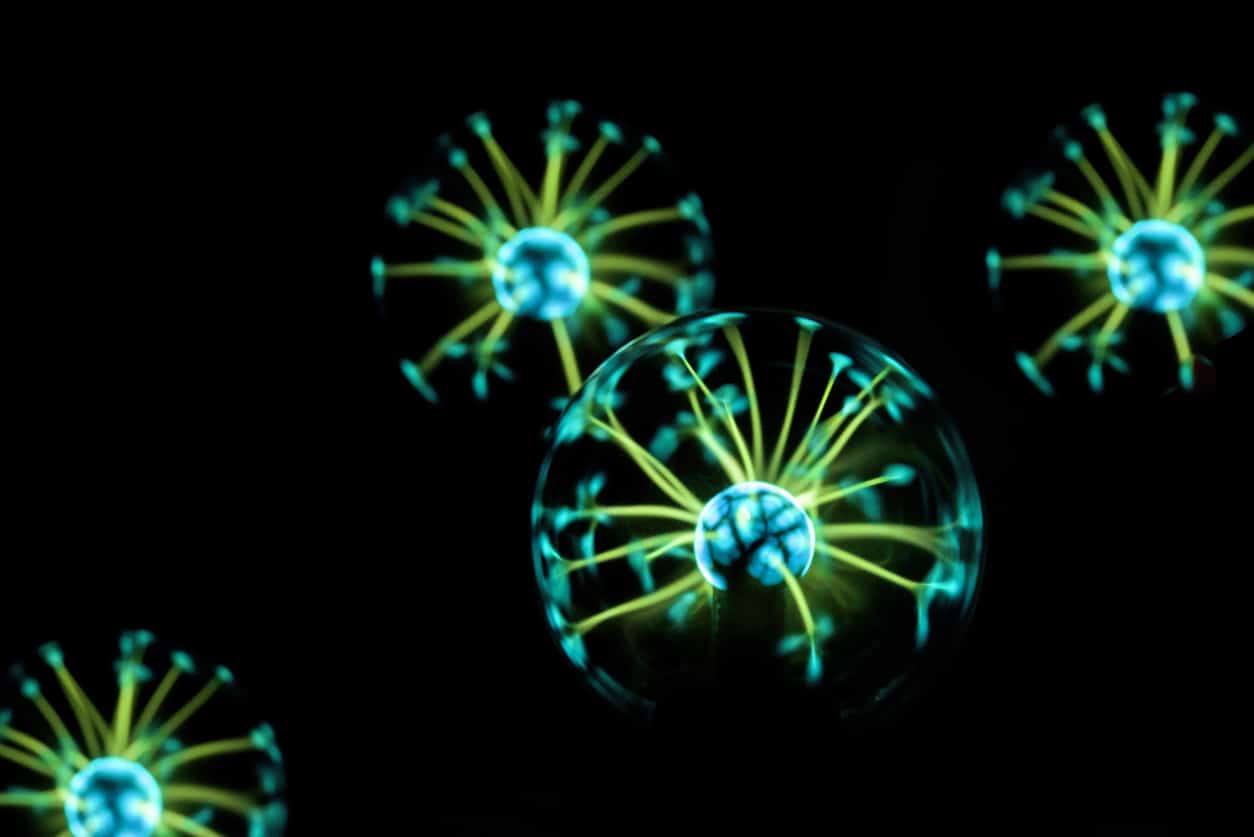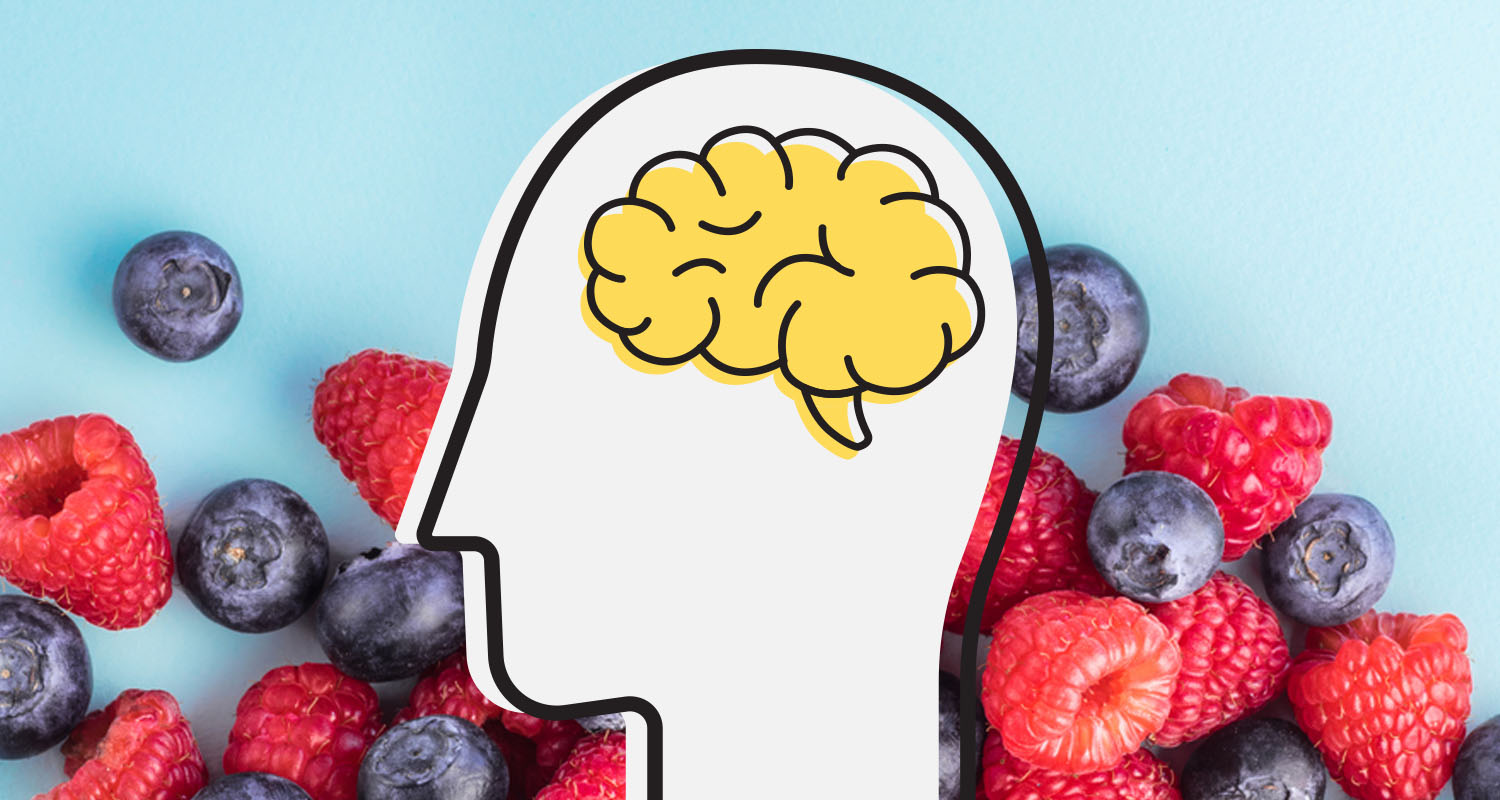
[tldr]
- Your brain controls everything in your life. Work, relationships, success, happiness — they all depend on your brain. Upgrading your brain will make your entire world better.
- It’s important to feed your brain the right brain food. Certain nutrients are building blocks for your brain, and getting plenty of them will improve your brain function immediately.
- A lot of these brain nutrients are hard to come by in a normal diet. Here’s how much of them you want for your brain to thrive, and the best sources of brain food for them.
[/tldr]
Everything is in your head.
Seriously. Every single thing you experience comes through your brain. It create the fabric of your reality, and by the same token, the energy your brain makes is what allows you to shape that reality. Work, relationships, success, happiness — everything depends on your brain, and building a stronger one will trigger upgrades that extend across every aspect of your life.
I’ve spent over a million dollars hacking my own biology. The lion’s share has gone to making my brain produce as much energy as it can. I even wrote a book, Head Strong, about neurofeedback, oxygen deprivation, supplements, deeper sleep, meditation, cold exposure, and about a dozen other brain hacks, and how you can use them to make your brain stronger than you thought possible.
And yet, after all those crazy experiments, my top brain hack is quite simple: good nutrition.
The right brain food will upgrade your mind more than anything else. You’re going to eat food every day for the rest of your life (unless you’re fasting to live longer, which you should try). When you give your neurons the right nutrient building blocks, they’re going to start performing better almost immediately.
And without those precious nutrients, your brain will start to wither. In a recent Bulletproof Radio podcast episode [iTunes], I talked with neuroscientist Dale Bredesen about why neurodegeneration happens. One of the three most common causes of brain aging is a lack of specific brain nutrients (check out the episode to hear about the other two main causes of brain aging, and what you can do about them).
Your brain thrives on certain precious nutrients. Some of them are hard to come by, even in a modern diet — but with a little care you can make sure you get plenty. The following nutrients will strengthen your neurons (aka brain cells) and protect them from aging.
Vitamin D for inflammation and anti-aging
Vitamin D is probably the most important supplement you can take, and one of the best brain food. It acts on more than over 1,000 different genes and is a substrate for testosterone, progesterone, estradiol, and other hormones.[ref url=”https://www.ncbi.nlm.nih.gov/pmc/articles/pmid/28041602/”] It also influences inflammation and brain calcium absorption.[ref url=”https://www.sciencedirect.com/science/article/pii/S1297319X10002708″] No surprise that optimal vitamin D levels are linked to stronger cognitive function and slower brain aging.[ref url=”https://www.ncbi.nlm.nih.gov/pubmed/22536767″][ref url=”https://www.ncbi.nlm.nih.gov/pubmed/17258168″]
Vitamin D is important enough that it’s one of the few vitamins your body can make on its own, provided you get enough direct sunlight (most people don’t).
You can get vitamin D from grass-fed liver,[ref url=”https://www.ncbi.nlm.nih.gov/pmc/articles/PMC3941824/”] or you can just take a supplement. It’s good to take vitamin D alongside vitamins A and K because the three work in tandem with each other.
Vitamin D dose: 5,000-10,000 IU daily
Time taken: Morning
Polyphenols for cognition and neuroprotection
Polyphenols are a class of brightly colored antioxidants. They’re the reason colorful foods like blueberries, raspberries, cacao, red cabbage, coffee, and green tea are brain foods.
Polyphenols are powerfully neuroprotective, shielding your brain from stress and free radical damage.[ref url=”https://www.ncbi.nlm.nih.gov/pmc/articles/PMC2775888/”] They’re one of the most effective brain foods to boost your brain’s resilience. Polyphenols also enhance learning and memory and slow down brain aging.[ref url=”https://www.ncbi.nlm.nih.gov/pmc/articles/PMC2775888/”][ref url=”https://www.ncbi.nlm.nih.gov/pubmed/20955649″][ref url=”https://www.ncbi.nlm.nih.gov/pubmed/26561075″][ref url=”https://www.ncbi.nlm.nih.gov/pmc/articles/PMC2775887/”]
There are a lot of different types of brain-enhancing polyphenols, and you’d have to eat a wide range of plants every day to get the benefits from all of them. A broad-spectrum supplement will deliver maximum benefit with as little effort as possible.
Polyphenol dose: 1,000 mg/day
Time taken: Morning
Methylfolate and methyl B12 for DNA repair
Methylfolate and methyl B12 work together to control methylation reactions that repair your DNA and regenerate brain cells.[ref url=”https://www.ncbi.nlm.nih.gov/pmc/articles/PMC1123448/”] The methylated forms are particularly important brain food — you have about three times as much methylfolate in your cerebrospinal fluid (the fluid around your brain and spine) as you do in your blood,[ref url=”https://www.ncbi.nlm.nih.gov/pmc/articles/PMC1737145/”] where it’s working tirelessly to maintain your nerve connections and repair DNA mutations.[ref url=”https://www.ncbi.nlm.nih.gov/pmc/articles/PMC1123448/”] Folate and B12 are particularly important for brain anti-aging.[ref url=”https://www.ncbi.nlm.nih.gov/pubmed/11399353/”]
High folate will cause low B12, and vice versa, so it’s best to take the two together. An imbalance between them will cause one of the two to decrease rapidly, which can lead to depression and decreased brain function.[ref url=”https://www.ncbi.nlm.nih.gov/pmc/articles/PMC1123448/”]
You can take supplements, or you can eat grass-fed beef liver on a regular basis to get your folate and B12.
Methylfolate and methyl B12 dose: 800 mcg methylfolate with 5000 mcg methyl B12, daily
Time taken: With food
Choline for attention and mental endurance
If you have kids, you may have heard about a brain food called choline. You want huge amounts of choline during pregnancy to build your child’s brain.[ref url=”https://www.ncbi.nlm.nih.gov/pubmed/9265973″]
What a lot of people don’t realize is that choline is just as important once you’re an adult. It’s the primary building block for acetylcholine, a neurotransmitter that plays a central role in motivation, attention, learning, and memory.[ref url=”https://www.ncbi.nlm.nih.gov/pmc/articles/PMC3466476/”]
Choline is a nootropic: it enhances your ability to pay attention and learn efficiently,[ref url=”https://www.ncbi.nlm.nih.gov/pmc/articles/PMC3252552/”] probably because you use a lot of acetylcholine during mentally-demanding tasks, and choline helps you synthesize enough to work harder and go longer.[ref url=”http://science.sciencemag.org/content/191/4227/561″] Choline also links to decreased brain inflammation in a dose-dependent manner — the more choline you eat, the less inflamed your brain tends to be.[ref url=”https://academic.oup.com/ajcn/article/87/2/424/4633354″]
The best source of choline is grass-fed beef liver (418 mg per 3 oz liver), followed by chicken liver (290 mg per 3 oz liver) and egg yolks (251 mg per yolk).[ref url=”https://www.ncbi.nlm.nih.gov/pubmed/15640516″] Eat your egg yolks as runny as possible so you get maximum nutrients.
Choline dose: 250-500 mg daily
Time taken: Morning
These are some of the more unusual brain foods that you probably don’t get in your normal diet. You might have noticed that grass-fed beef liver contains four of the five nutrients on this list; organ meats are exceptionally nutrient-dense and are worth adding to your diet. You can make organ meat taste good, by the way.
And in addition to the five brain foods in this article, make sure you’re getting plenty of DHA and EPA omega-3s. They make up the cell membranes in most of your brain cells and are critical for supporting your brain.[ref url=”https://www.ncbi.nlm.nih.gov/pmc/articles/PMC2805706/”] Here’s a guide to omega-3s.
